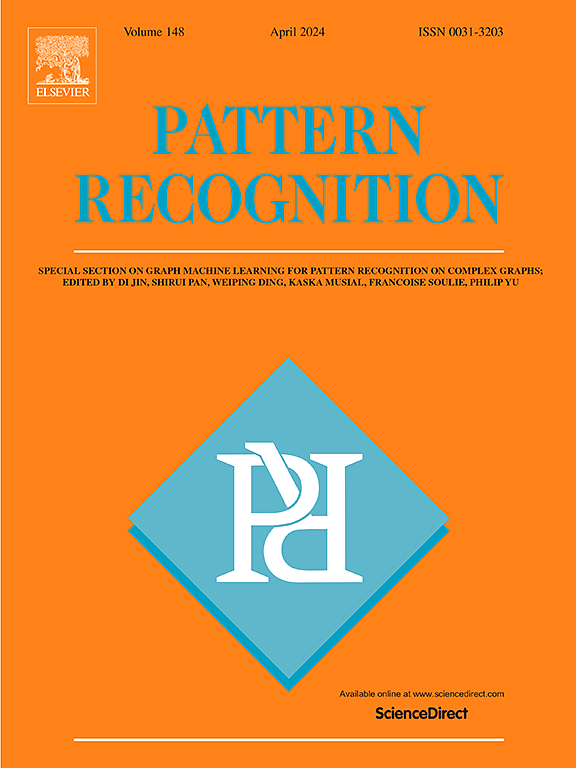Class-aware Universum Inspired re-balance learning for long-tailed recognition
IF 7.5
1区 计算机科学
Q1 COMPUTER SCIENCE, ARTIFICIAL INTELLIGENCE
引用次数: 0
Abstract
Data augmentation for minority classes serves as an effective strategy for long-tailed recognition, prompting the emergence of numerous methods. Although these methods achieve balance in sample quantity, the quality of the augmented samples cannot be guaranteed, invoking issues like over-fitting, lack of variety, and semantic drift. To this end, we propose the Class-aware Universum Inspired Re-balance Learning (CaUIRL) for long-tailed recognition, which endows the Universum with class-aware ability to re-balance individual minority classes in terms of both sample quantity and quality. In particular, we theoretically prove that the classifiers learned by CaUIRL are consistent with those learned under the balanced condition from a Bayesian perspective. In addition, we develop a higher-order mixup approach, which can automatically generate class-aware Universum (CaU) data without resorting to any external data. Unlike the traditional Universum, CaU additionally takes into account domain similarity, class separability, and sample diversity into account. Comprehensive experiments on benchmark datasets reveal that the proposed method substantially enhances model performance, especially in minority classes (e.g., the top-1 accuracy of the last two tail classes is improved by 6% on Cifar10-LR).
求助全文
约1分钟内获得全文
求助全文
来源期刊

Pattern Recognition
工程技术-工程:电子与电气
CiteScore
14.40
自引率
16.20%
发文量
683
审稿时长
5.6 months
期刊介绍:
The field of Pattern Recognition is both mature and rapidly evolving, playing a crucial role in various related fields such as computer vision, image processing, text analysis, and neural networks. It closely intersects with machine learning and is being applied in emerging areas like biometrics, bioinformatics, multimedia data analysis, and data science. The journal Pattern Recognition, established half a century ago during the early days of computer science, has since grown significantly in scope and influence.
 求助内容:
求助内容: 应助结果提醒方式:
应助结果提醒方式:


